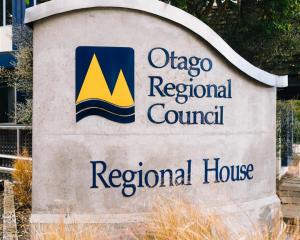
Council compliance staff visited 142 dairy farms between the end of January and mid-March to check on effluent management, finding 12 were not complying.
"While we are pleased that so many farms meet our water plan requirements, it is still of concern to see a minority of people breaching the rules," council group manager regional services Jeff Donaldson said.
Five properties received minor non-compliance gradings due to effluent management system failures. A further three got significant non-compliance gradings due to effluent being discharged into waterways.
"Invariably this comes down to offenders simply not maintaining or regularly inspecting their effluent systems, and simple things occurring like couplings bursting, resulting in large concentrations of effluent being dumped on a paddock, and in some situations flowing considerable distances into waterways."
The council strongly recommended using "failsafe" systems on travelling irrigators, so sensors picked up when something was wrong with a machine and switched off the pump, stopping the effluent discharge.
However, despite their name, fail-safe systems could break down, too, if they were not checked and maintained regularly, Mr Donaldson said.
"We encountered at least a dozen cases during this period where systems had failed, or were not set up properly."
While it was encouraging to see "huge growth" in the number of effluent ponds on Otago farms in the past five years, it was disappointing to see that in a minority of cases, ponds were overflowing, allowing effluent to enter waterways.
The council was saying "don't put your effluent on saturated soils, don't allow it to pond, and don't allow it to get to water."
However, Mr Donaldson said the survey results were pleasing overall.












